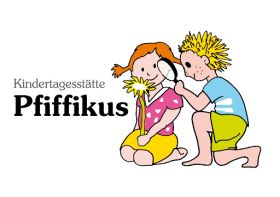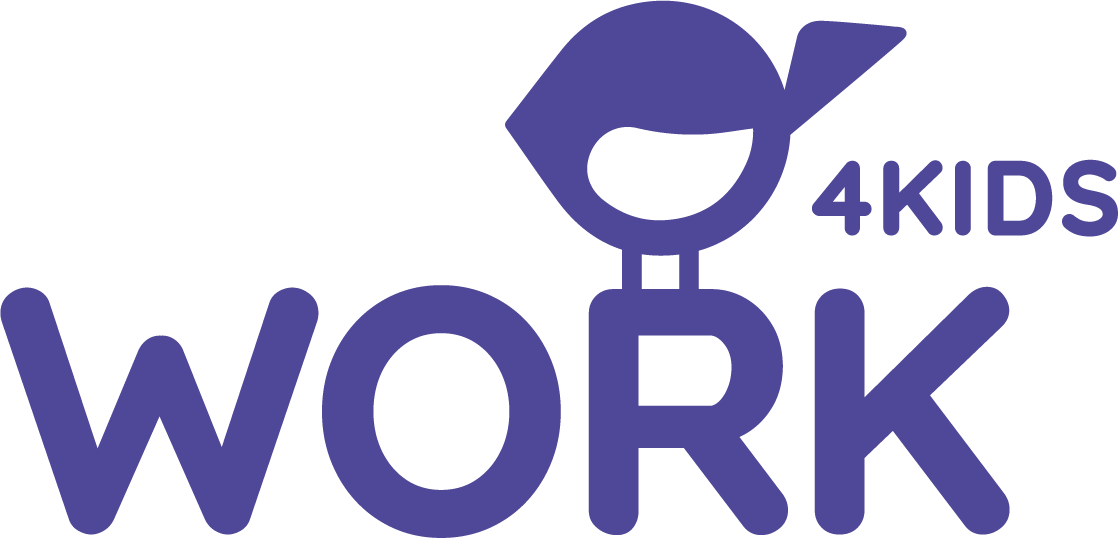Basics
Pedagogical goals, methods, and activities
social learning
The game is very important to us. The children spend a large part of their kindergarten time playing. Here they have the opportunity to train more in aspects of social education such as consideration, communication, tolerance, respect for the needs of others, empathy and making compromises. The children learn to treat each other with respect, to increase their appreciation for each individual, and to prefer moderate, verbal conflict to physical ones.
Personal skills
It is important for us to recognize the children's existing pstrengths, resources and potential. Through detailed discussions with parents, we gain an overview of the children's stresses, caregivers and issues. Through a wide range of play and learning opportunities in which children can recognize, test and further develop their own abilities, they gain more security, especially in dealing with their strengths and weaknesses.
Social skills
Our partially open work enables the children to gain experience not only in their own group, but with all children in the house. The children are empowered to deal with new situations without fear, to respect the needs of other children, to make decisions, to make compromises, to integrate into other groups, to stand up for their own opinions, to cope with frustration, and to accept learning and practicing tolerance will ultimately make them fit for life.
Independent action
The development of independence takes up a large part of the time with the children. With our support, they learn to pay attention to their needs and can provide themselves with food and drink when they are hungry, go to the toilet alone when necessary, learn to deal with others, experience frustration, reach their limits and practice in various learning techniques, training in the use of work equipment and solutions.
Intercultural learning
Children of all nations visit our facility. We spend a considerable amount of time providing support and assistance, especially for families who have only been in Germany for a short time and are just getting to know the new culture. We strive to promote contact between families and deal with other cultures and in this way try to arouse interest and understanding for different cultures.
Value orientation and religion
The children are encouraged to ask questions and motivated to find answers that deal with their own values and norms, for example with questions “Where do I come from?”, “How am I doing?”, “Who is important to me?”, “What I like?" We promote sensitivity to holistic contexts of experience by experiencing religious festivals, stories, legends and familiarizing ourselves with rituals.
Language
Through a variety of opportunities for conversation and encouraging children's expressions, we give the children space and time for conversations. By teaching and expanding basic vocabulary and basic grammatical knowledge, we want to further promote children's understanding of language and their ability to express themselves, not least through our linguistic role models. Through the playful use of letters, children gain their first experiences with language and writing.
Media education
Media competence, i.e. the appropriate, self-determined and responsible use of media, has now acquired the status of a basic competence. We would like to arouse children's interest in information and communication devices that we use ourselves by confronting them with CD players and CDs, books, play phones and digital cameras. We motivate them to try it themselves or with our help and challenge them to approach media experimentally by giving them impulses and supporting them.
mathematics
Children should be able to use their existing curiosity and natural urge to discover when dealing with mathematical content. You learn to describe content, relate objects, collect and transfer knowledge. We work intensively with colors and shapes and find them in traffic signs, toys and buildings. We practice numbers up to 10 and beyond by playing, counting and recording quantities. We illustrate spatial and positional relationships when doing gymnastics, playing and constructing.
Natural sciences and technology
We awaken and promote understanding of scientific and technical connections through insights into simple technical, biological and physical experiments, such as mixing colors, weight memory, balance games, sowing plants and shadow games. We enable you to engage with the environment, its physical laws and knowledge of various natural materials as well as their properties and changes in nature (e.g. forest project).
Environment
Children can become familiar with the world through systematic exploration of the environment, using all their senses and being attentive, caring and responsible towards themselves and others. Children should develop hope and joy in maintaining a healthy environment, but should also be able to deal with their fears and anxieties, for example separating waste, going on trips to nature or to the farm and using water sparingly.
Aesthetics, art and culture
The ability to independently develop ideas and implement them by using their own imagination leads children to aesthetic experiences that further develop their social, emotional and cognitive skills. In this way, we provide the children with various tools, materials, space and time in order to release their creative reserves and offer them a high level of development ability.
Music
We want to encourage children to listen and listen, promote their sense of rhythm and beat, and encourage them to enjoy singing, dancing and playing with instruments (e.g. in a music project) in order to motivate them to live out their expressiveness, imagination and creativity. This development then benefits them when creating songs, depicting movement sequences and creating plays.
Movement, rhythm, dance and sport
We offer a variety of exercise experiences through an exercise construction site in our gymnasium as well as through exercise activities in the garden, at the playground or in the forest. This allows children to expand and implement their own ideas and skills in the motor area. They experience physical limits and possibilities and learn to use their strengths correctly.
Health
We strengthen children's well-being by training their self-awareness. We impart basic knowledge about physical relationships, hygiene and personal care. Dealing with illnesses and protecting themselves from them sensitizes children to the value of life and the dangers to health. We strengthen the willingness to solve problems and deal with stress by promoting empathy, communication, critical thinking and creative action.




